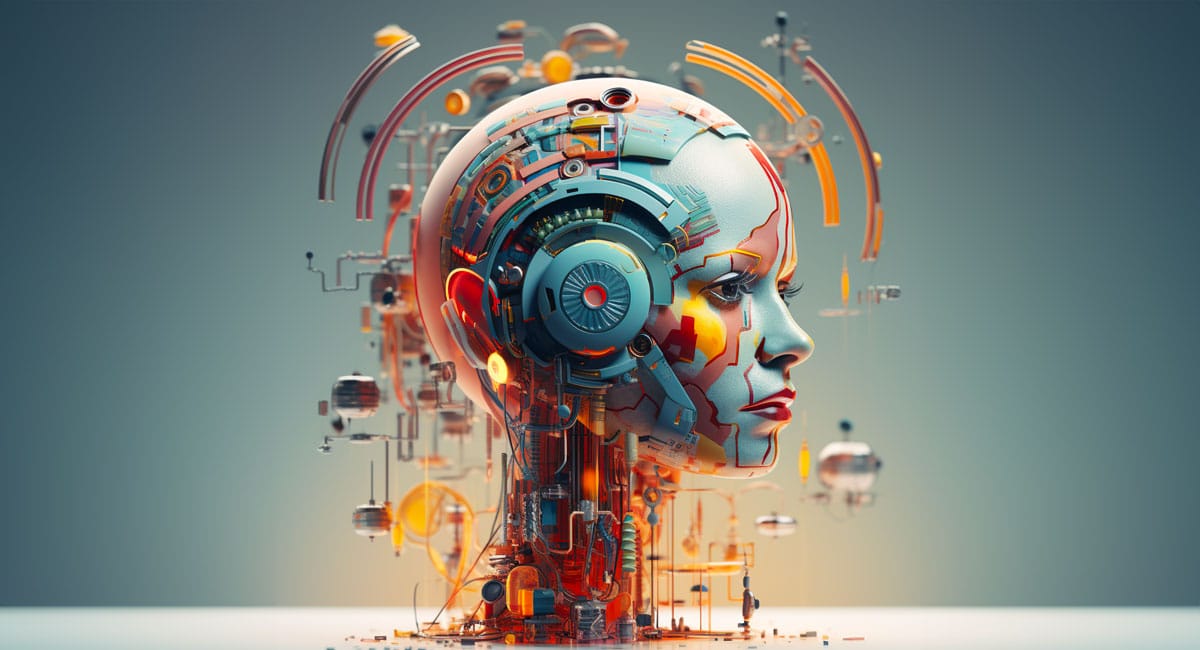Autonomous agents are the next big thing in the age of AI: they are powerful systems that can operate on their own with little to no human intervention. Robots and self-driving cars are examples of autonomous agents, but unlike GenAI (generative AI), they are not mainstream. This is partly because autonomous agents are still being developed and they rely on research and developments in other fields.
What Exactly Is an Autonomous Agent?
An autonomous agent is a type of AI that can make decisions in reaction to changes around it and can independently interact with other systems. It can even interact with the physical world on its own. Autonomous agents can be programmed to drive cars; notable examples include Tesla’s self-driving automobiles.
Autonomous agents use reinforcement learning algorithms, a subset of machine learning, to adapt to our environment. They learn with trial and process just like a human and adjust themselves every time they get the desired result. This allows agentic AI to function more flexibly and precisely in uncertain environments, which essentially means that AI agents can surpass their own training models over time.
How Do Autonomous Agents Work?
Autonomous agents are incredibly complex AI systems that use various algorithms and tools to interpret natural human language and perceive our surroundings. They can be programmed to perform a certain task or achieve a set of goals without the help of a human. They use sensors, cameras, microphones, and similar devices not only to gather information but also to perform physical actions in the real-world.
Autonomous agents use several AI algorithms in conjunction to get optimal results, from machine learning and large language models (LLMs) to computer vision. AI agents learn from experience and adapt to every little change, as such, they are continuously improving.
Future Of Autonomous Agents
We will inevitably see AI being supercharged by the developments in the quantum computing field. While both technologies are still in their early stages, there are already efforts being made to synergize quantum computers and AI programs. That said, standalone cloud-based quantum computing solutions like the Amazon Bracket are available for businesses, research institutions, and individuals who want to make use of the technology in its current state. The combination of two technologies has the potential to create more powerful and expressive AI models than what we have seen so far.
Now, with the emergence of NPUs (Neural Processing Units), we have more hardware that can run sophisticated AI algorithms with incredible swiftness. NPUs are chips tailor-made to perform AI tasks and are capable of parallel processing with great efficiency. The future autonomous agents will run on specialized hardware like this, which will further enhance collaboration between humans and AI agents.
Recently, tech giant Microsoft introduced autonomous AI agents, which the company believes will shape the future. The company introduced ten autonomous agents designed for various use cases in sales, finance, and supply chains. IBM, Nvidia, Google, and OpenAI are other big players who are investing heavily in autonomous AI technology.
Applications of AI Agents
Gaming
In video games, AI agent systems can be used to design NPC’s that adapt to changes in the game and react to players’ actions in real-time. Both single-player and multiplayer games can use AI agents to adapt to player behavior and different skill levels.
Cybersecurity
Autonomous agents can monitor network traffic in real-time and prevent threat actors from harming digital devices or systems. AI agents are also very effective at preventing identity theft and securing sensitive information, thanks to their swift processing prowess.
Self-Driving Cars & Autopilot Drones
Self-driving cars are by far the most renowned application of autonomous agents, they have been covered countless times by popular magazines and publications. Autopilot drones, which are also very similar, never got the same mainstream attention. These drones fly autonomously with the use of IMUs, GPS, and other sensors.
Workflow Management
AI agents can manage mundane tasks for businesses autonomously, allowing them to improve their efficiency and speed up their operations. AI can handle complex tasks more accurately than any human, which not only reduces operational costs but also eliminates the need for manual labor. One powerful AI model is capable of replacing an entire group of workers. By incorporating Cloud RPA, AI agents can manage mundane tasks for businesses autonomously, allowing them to start quickly, scale effortlessly, and maintain high security, thus significantly boosting operational efficiency and accelerating ROI.
Finance
Financial institutions and banks can use AI agents to proactively fight fraud and detect anomalies by monitoring transactions and customer behavior. It can flag suspicious transactions swiftly and even prevent them from happening in most cases. Notable examples include JP Morgan, which managed to save over $200 million in a year after adopting AI agents.
Conclusion
It will likely take a couple more years until powerful autonomous agents go mainstream. As stated earlier, the technology is being developed rapidly while the world is just starting to get used to GenAI models. There’s also the quantum computing field, which could change our entire perspective of AI once that becomes more practical.
You can see latest news and updates on baddiehub



